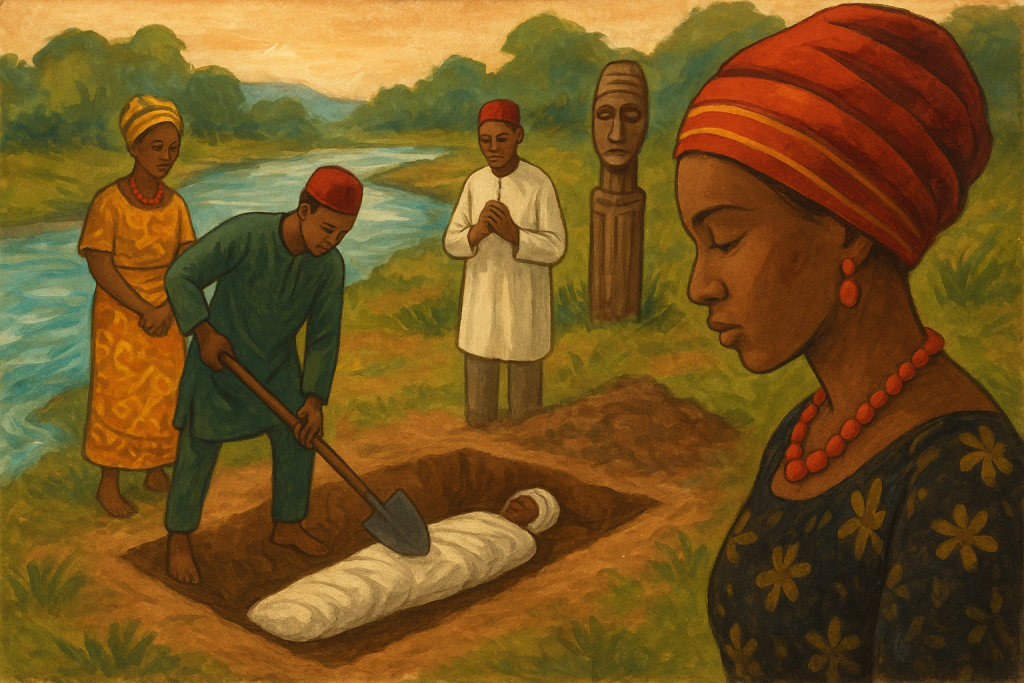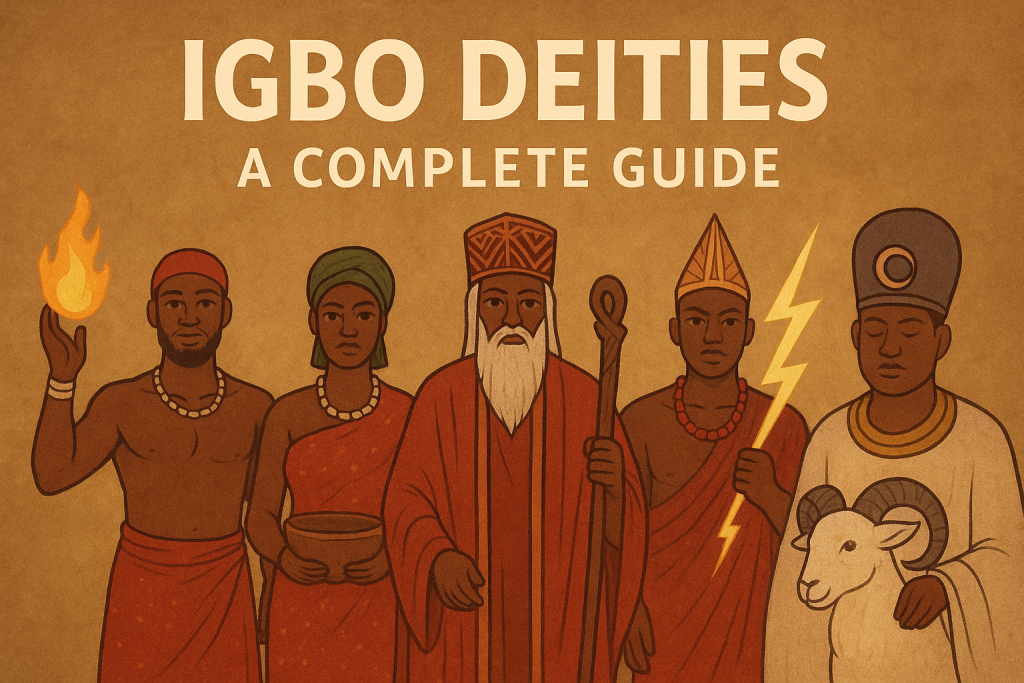“Understanding the Agwu Spirit in Igbo Culture”
Growing up in an Igbo household, you learn early that not every illness needs medicine, and not every dream is just a dream. Some are whispers. Some are warnings. Some are callings. I remember the story of my great-grandfather, a quiet man with eyes that saw too much they said he was “onye Agwụ” (one called by the spirit of divination). But before he became known for his healing hands and wisdom, he wandered.
In Igbo cosmology, Agwụ is not merely a deity, it is a mystery (a force, a spirit, a calling). It chooses its vessels men and women who carry the burden of seeing what others cannot. The dibia, the healer, the seer, these are not roles one simply decides to take on. They are summoned into it. Agwụ is the spirit that governs divination, intuition, healing, dreams, and the unseen. It is the whisper behind the afa, the guiding hand that helps the dibia trace lost destinies and untangle spiritual knots. But here is the truth many don’t say out loud: when Agwụ chooses you, your life is never the same.
People called by Agwụ often suffer in silence before they awaken to their gift. Strange illnesses, restless nights, visions they can’t explain, some may call it madness but among the elders, it is recognized as “ịgba afa” (the spiritual call). When you finally accept this path, a ritual was performed called ịkụ Agwụ (to tie or establish Agwu). A personal shrine will be set up and through that doorway, you step fully into your power.

Even today, the spirit of Agwụ lives on. Not always in forest shrines or village dibia. Sometimes, it dwells in the quiet artist, the intuitive child, the woman who dreams in symbols, the man who heals with words. Many dibia maintain a personal Agwụ shrine, a sacred space where they commune with the spirit for guidance. Rituals, offerings, and spiritual tools like cowries, kola nut, chalk, and divination chains are often found there. People believed to have Agwụ are often highly intuitive, creative, sensitive, or even appear eccentric. In modern interpretations, this has been likened to conditions like neurodivergence, spiritual awakening, or deep introspection.
There are 5 types of Agwu
- Agwu ndichie bee nna (paternal agwu)
- Agwu ndichie bee nna gi ochie (great grand father agwu)
- Agwu ikwu nee (maternal agwu)
- Agwu ikwu nee gi ochie (great grand mother agwu)
- Arobinagu or Agwu ofia (forest/herb goddess)
If you ever feel like the world doesn’t speak your language, if your dreams are louder than your waking life, if you’re drawn to symbols, herbs, energy — maybe, just maybe, Agwụ is whispering to you.
IgboSpirituality #AfricanHeritage #AgwuSpirit #DibiaWisdom #AncestralCalling #WhenAgwuCalls #MyPassportMyStory #AfrocentricBlogging



